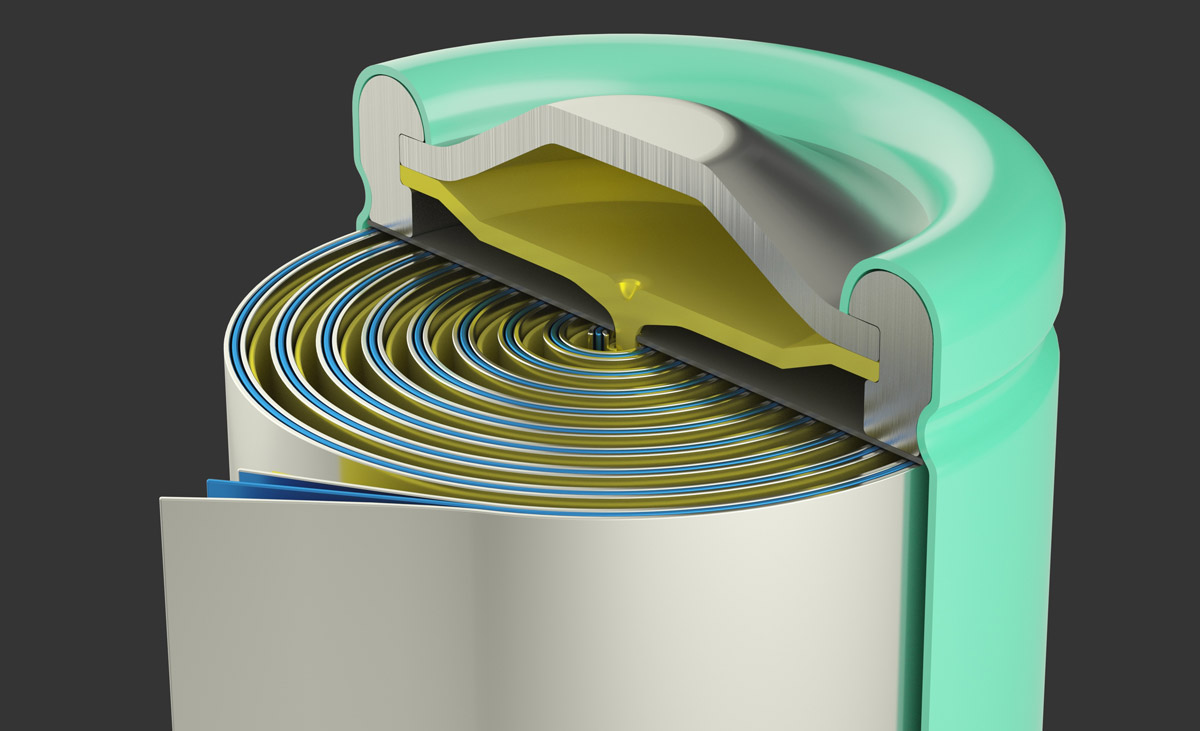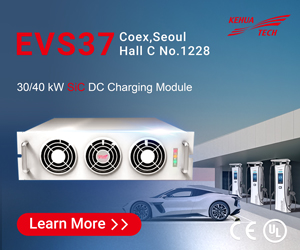When it comes to electrifying by the magic date of 2030, automakers talk a great game—but if you want to know which companies are serious about electrification, look into which ones are lining up supplies of critical battery minerals.
According to a recent report from Transport & Environment (T&E), automakers in the European market have secured only about 16% of the key battery metals they will need between now and 2030. T&E’s report, which was based on an analysis of publicly disclosed contracts, found that only Tesla and BYD are doing enough to guarantee supplies of cobalt, lithium and nickel to meet their 2030 sales goals. Most European manufacturers—except Volkswagen and Stellantis—are far behind.
Only six companies—Tesla, BYD, VW, Ford, Renault and Stellantis—have long-term contracts for each of the three key metals or plan to change battery chemistries to end their dependence on one of the metals, the research finds. Mercedes has only one publicly disclosed contract for a key mineral, and BMW, has not disclosed enough information about how it plans to secure nickel, cobalt or cathode materials.
“There is a clear disconnect between carmakers’ electric vehicle goals and their critical mineral strategies,” said Julia Poliscanova, Senior Director for Vehicles and E-mobility Supply Chains at T&E. “Tesla and BYD are way ahead of most European players, who are only waking up to the challenge of securing battery metals now. This report should sound the alarm to CEOs and investors to engage further upstream in their supply chains.”
The T&E study also looked at responsible supply chain practices, including the traceability of raw materials, low-carbon processes and protections for human rights and indigenous rights. In this department, BMW, Mercedes-Benz and Volkswagen scored top marks, while Tesla earned a low score. BYD scored zero, because T&E couldn’t find any information on any sustainable practices.
T&E also examined automakers’ resilience to supply chain shocks. In this category, Volkswagen, Stellantis and Mercedes-Benz earned the highest scores. These three and Renault are the only carmakers supporting EU start-ups in battery components and minerals processing.
“Carmakers’ supply chain strategies will make or break the EV transition in Europe, and render some companies obsolete,” said Ms. Poliscanova. “Supporting local refining and battery component factories will be critical to their own resilience. But Europeans have a clear lead on the cleaning up the supply chains, which is critical for consumer acceptance and unlocking ESG finance.”
Source: Transport & Environment



















































